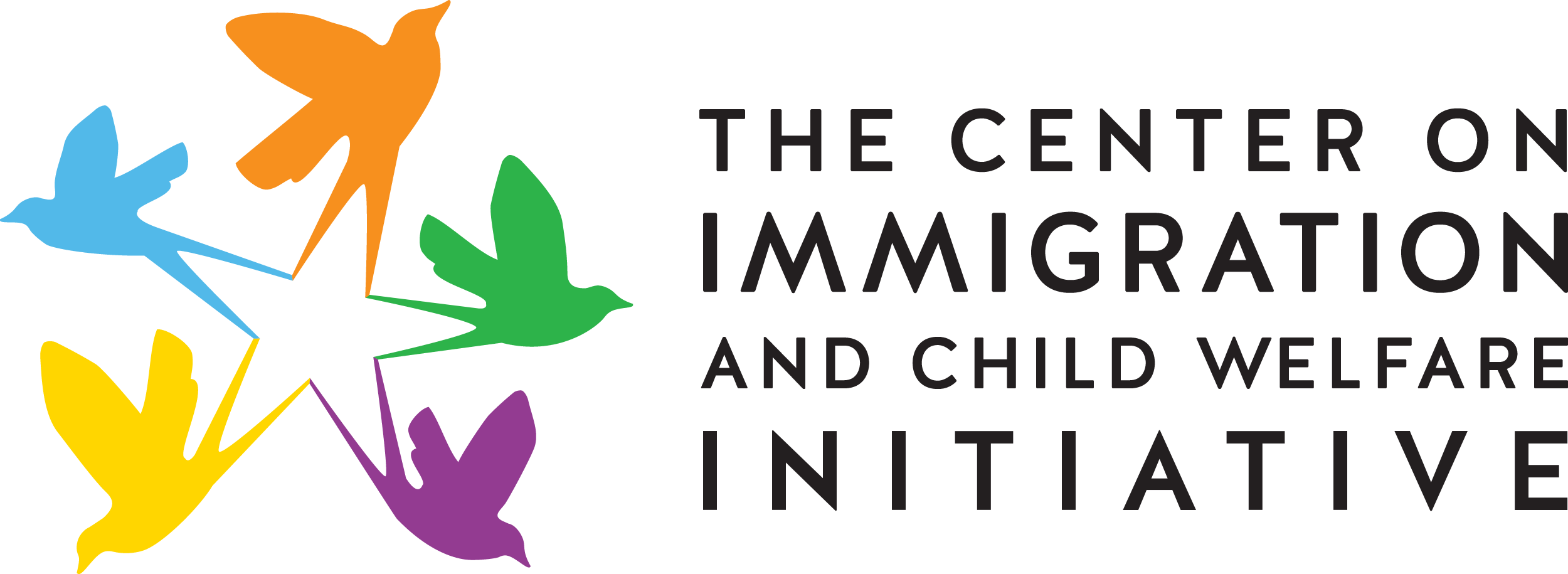CICW 2024 Post-Election Statement
Center on Immigration and Child Welfare Initiative (November 11, 2024)
The Center on Immigration and Child Welfare Initiative shares in the collective feelings of grief, uncertainty, and disillusionment in the wake of last week’s 2024 election results. We are deeply troubled by the incoming Trump administration’s promised policy agenda that directly threatens the safety, wellbeing, and futures of millions of children in immigrant families and other vulnerable communities.
For more than a decade, immigrants and their families have been the target of increasingly punitive policies, xenophobic rhetoric, and baseless myths. The CICW was born out of a response to this harmful sociopolitical environment that has endangered the foundations of child protection and well-being, and we remain deeply committed to the fight for a humane immigration system and immigration policies that protect children and families regardless of immigration status.
We are inspired by and stand in solidarity with our fellow advocates, partners, and communities who share in this work with us; and we look to the future with a renewed resolve to surmount these impending challenges and create a country where children of immigrants thrive in their families and communities. The CICW stands with immigrants and marginalized groups as we continue to mobilize for social justice, build power within our communities, and put forth practice-informed research, trainings, and policy work to ensure that all individuals’ rights are protected, regardless of immigration status.

